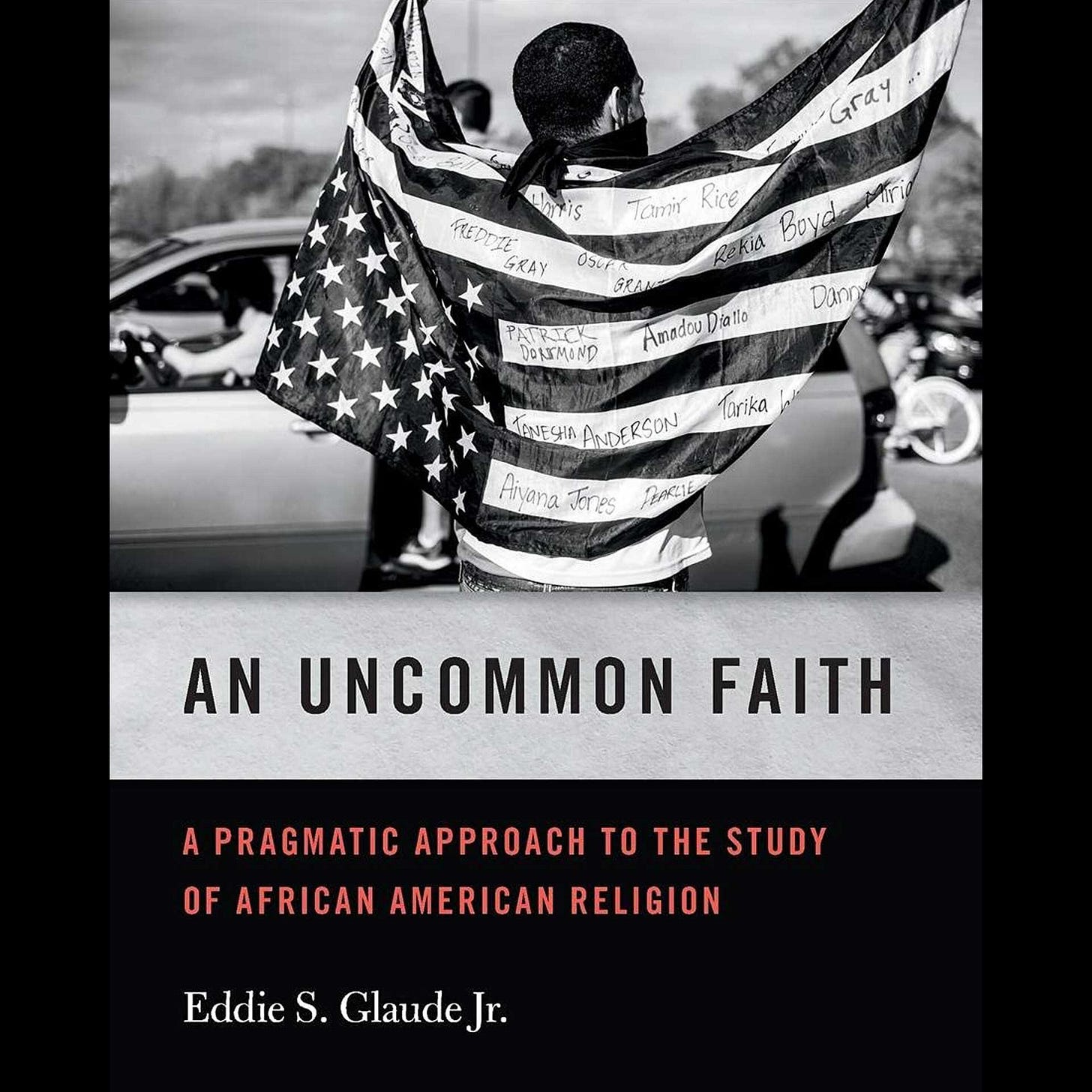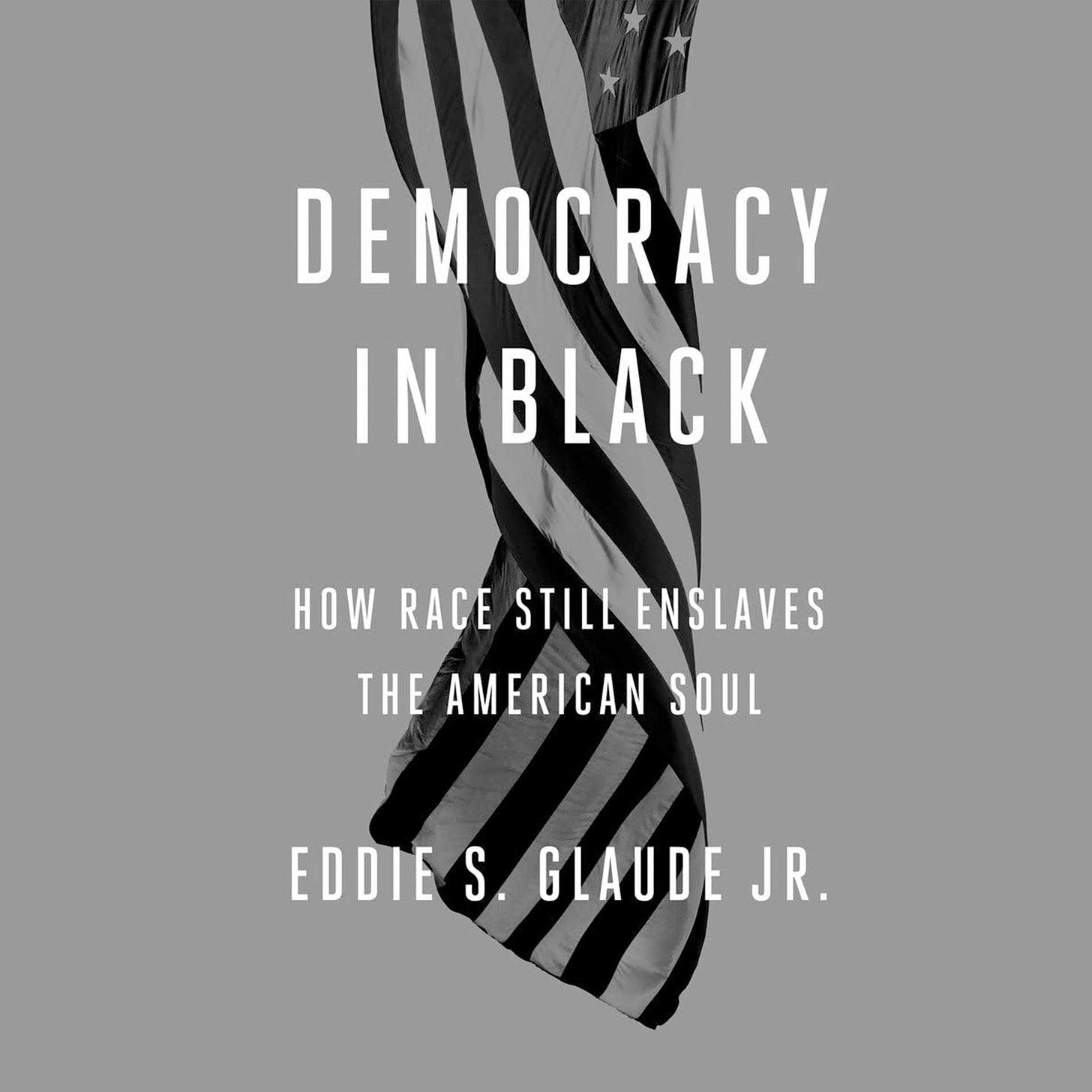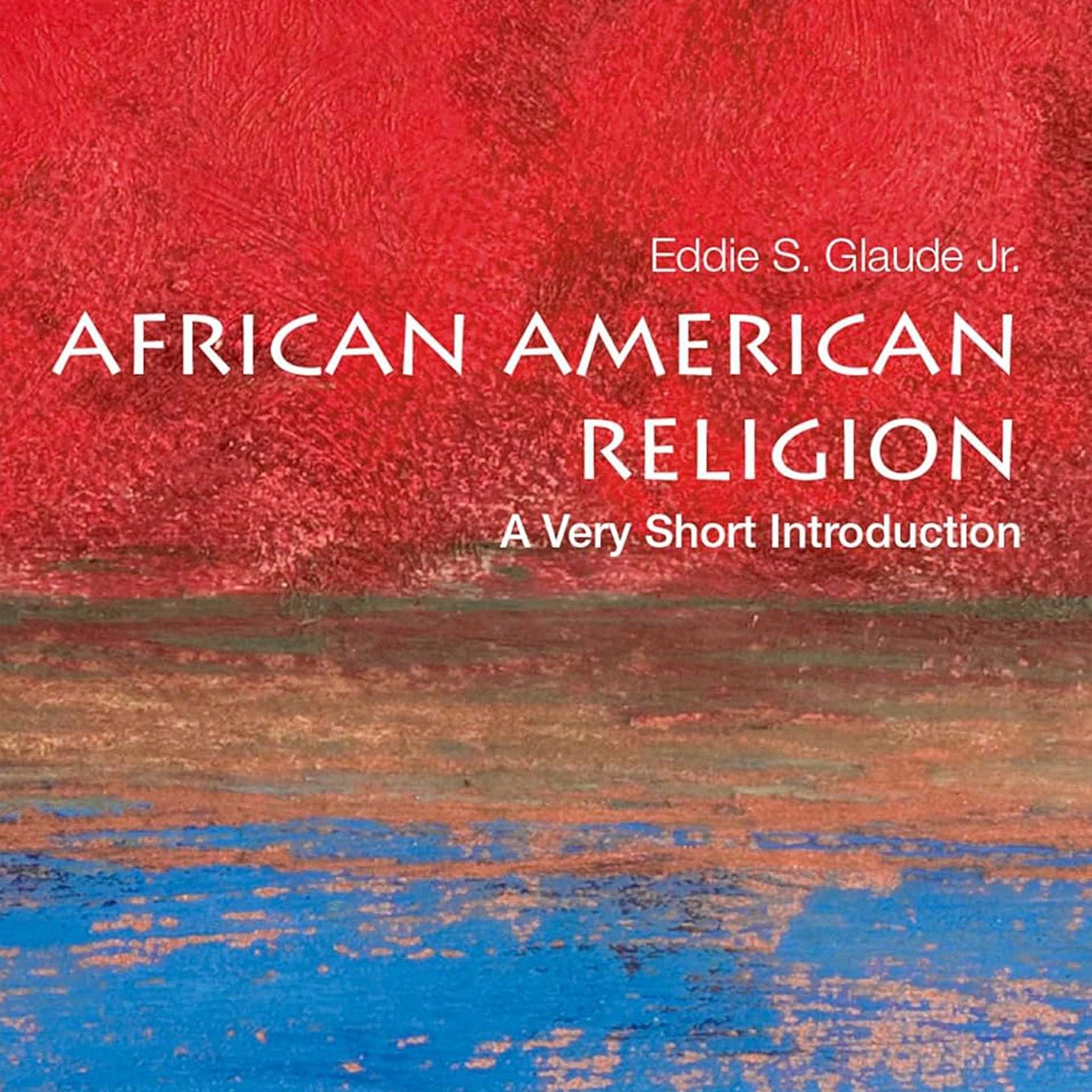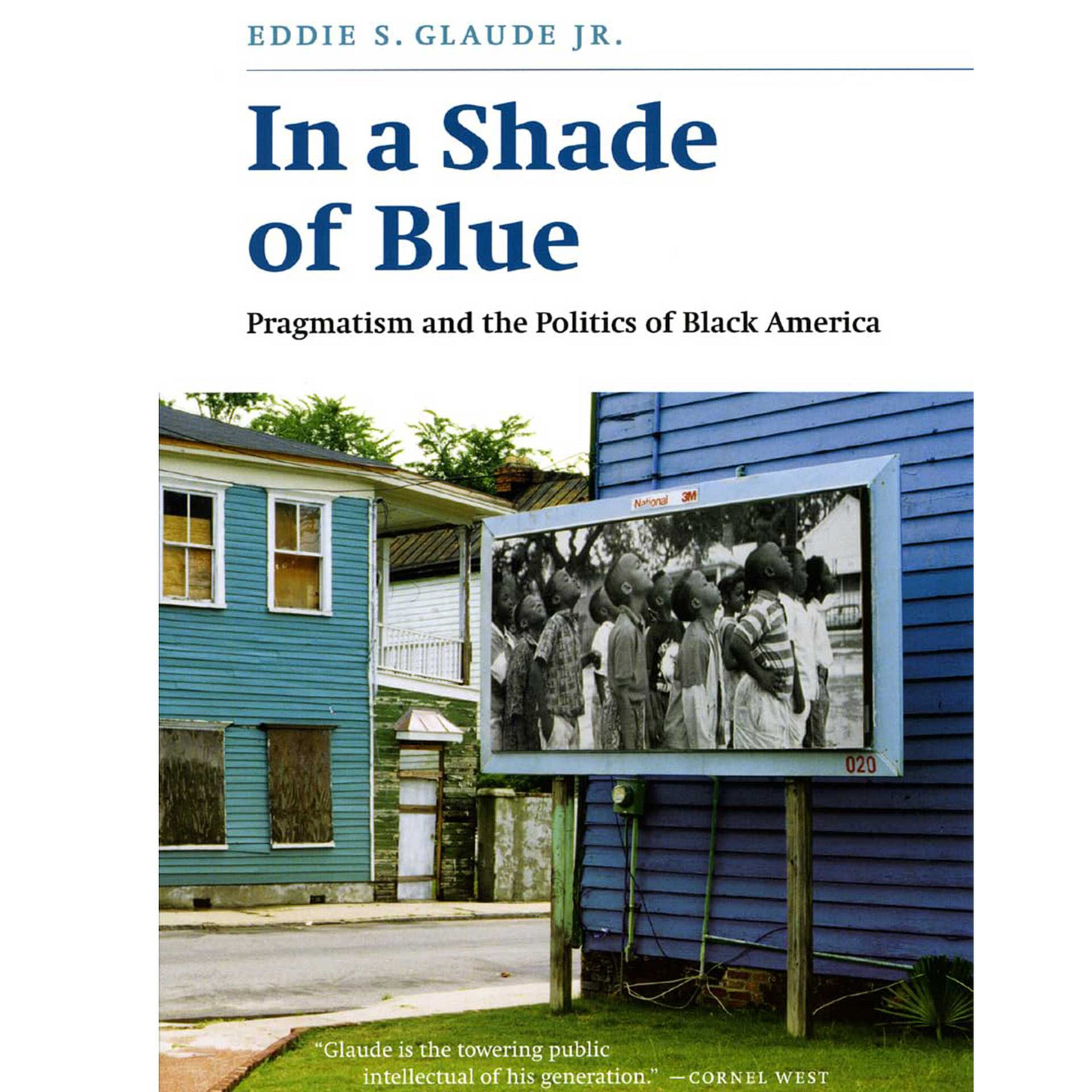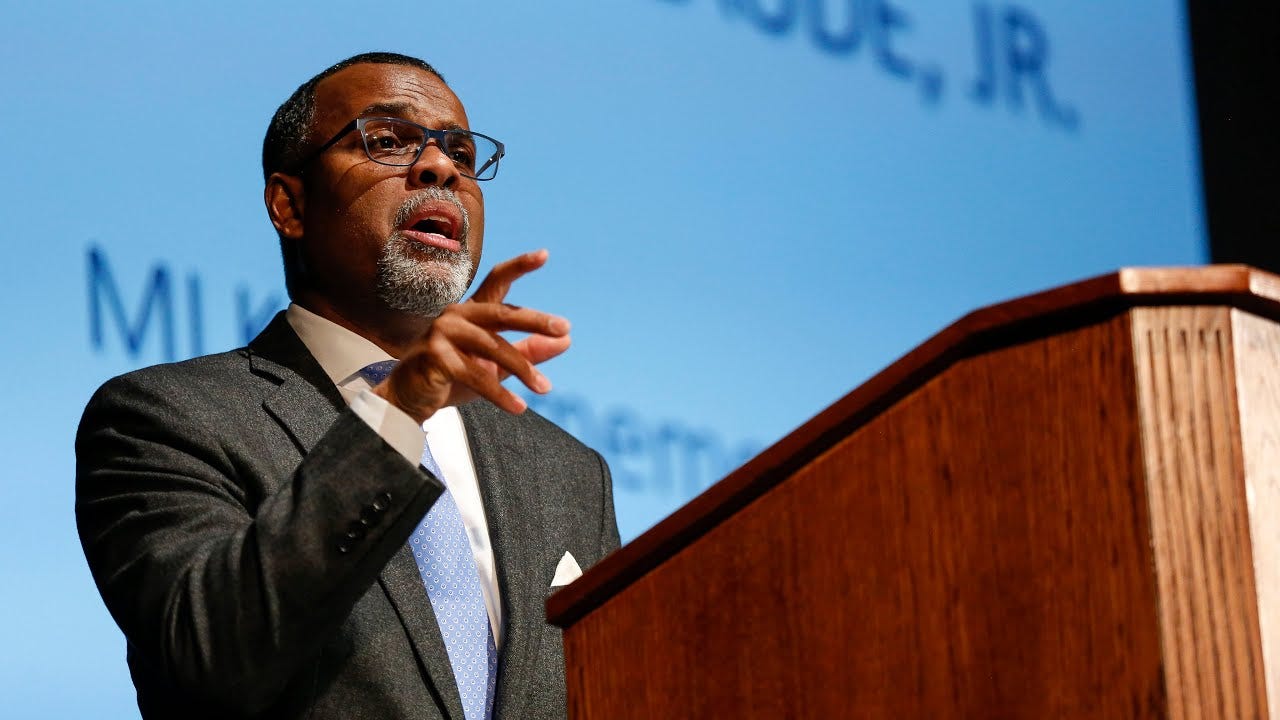Works
We are more than the circumstances of our lives, and what we do matters. In We Are the Leaders We Have Been Looking For, one of the nation’s preeminent scholars and a New York Times bestselling author, Eddie S. Glaude Jr., makes the case that the hard work of becoming a better person should be a critical feature of Black politics. Through virtuoso interpretations of Martin Luther King, Jr., Malcolm X, and Ella Baker, Glaude shows how we have the power to be the heroes that our democracy so desperately requires.
Based on the Du Bois Lectures delivered at Harvard University, the book begins with Glaude’s unease with the Obama years. He felt then, and does even more urgently now, that the excitement around the Obama presidency constrained our politics as we turned to yet another prophet-like figure. He examines his personal history and the traditions that both shape and overwhelm his own voice.
Glaude weaves anecdotes about his evolving views on Black politics together with the writings of Ralph Waldo Emerson, John Dewey, Toni Morrison, James Baldwin, and Ralph Ellison, encouraging us to reflect on the lessons of these great thinkers and address imaginatively the challenges of our day in voices uniquely our own.
Narrated with passion and philosophical intensity, this book is a powerful reminder that if American democracy is to survive, we must step out from under the shadows of past giants to build a better society—one that derives its strength from the pew, not the pulpit.
Begin Again is one of the great books on James Baldwin and a powerful reckoning with America’s ongoing failure to confront the lies it tells itself about race. Just as in Baldwin’s “after times,” argues Eddie S. Glaude Jr., when white Americans met the civil rights movement’s call for truth and justice with blind rage and the murders of movement leaders, so in our moment were the Obama presidency and the birth of Black Lives Matter answered with the ascendance of Trump and the violent resurgence of white nationalism.
In these brilliant and stirring pages, Glaude finds hope and guidance in Baldwin as he mixes biography—drawn partially from newly uncovered Baldwin interviews—with history, memoir, and poignant analysis of our current moment to reveal the painful cycle of Black resistance and white retrenchment. As Glaude bears witness to the difficult truth of racism’s continued grip on the national soul, Begin Again is a searing exploration of the tangled web of race, trauma, and memory, and a powerful interrogation of what we must ask of ourselves in order to call forth a new America.
With An Uncommon Faith Eddie S. Glaude Jr. makes explicit his pragmatic approach to the study of African American religion. He insists that scholars take seriously what he calls black religious attitudes, that is, enduring and deep-seated dispositions tied to a transformative ideal that compel individuals to be otherwise―no matter the risk. This claim emerges as Glaude puts forward a rather idiosyncratic view of what the phrase “African American religion” offers within the context of a critically pragmatic approach to writing African American religious history.
Ultimately, An Uncommon Faith reveals how pragmatism has shaped Glaude’s scholarship over the years, as well as his interpretation of black life in the United States. In the end, his analysis turns our attention to those “black souls” who engage in the arduous task of self-creation in a world that clings to the idea that white people matter more than others. It is a task, he argues, that requires an uncommon faith and deserves the close attention of scholars of African American religion.
America’s great promise of equality has always rung hollow in the ears of African Americans. But today the situation has grown even more dire. From the murders of black youth by the police, to the dismantling of the Voting Rights Act, to the disaster visited upon poor and middle-class black families by the Great Recession, it is clear that black America faces an emergency—at the very moment the election of the first black president has prompted many to believe we’ve solved America’s race problem.
Democracy in Black is Eddie S. Glaude Jr.'s impassioned response. Part manifesto, part history, part memoir, it argues that we live in a country founded on a “value gap”—with white lives valued more than others—that still distorts our politics today. Whether discussing why all Americans have racial habits that reinforce inequality, why black politics based on the civil-rights era have reached a dead end, or why only remaking democracy from the ground up can bring real change, Glaude crystallizes the untenable position of black America--and offers thoughts on a better way forward. Forceful in ideas and unsettling in its candor, Democracy In Black is a landmark book on race in America, one that promises to spark wide discussion as we move toward the end of our first black presidency.
Since the first African American denomination was established in Philadelphia in 1818, churches have gone beyond their role as spiritual guides in African American communities and have served as civic institutions, spaces for education, and sites for the cultivation of individuality and identities in the face of limited or non-existent freedom.
In this Very Short Introduction, Eddie S. Glaude Jr. explores the history and circumstances of African American religion through three examples: conjure, African American Christianity, and African American Islam. He argues that the phrase "African American religion" is meaningful only insofar as it describes how through religion, African Americans have responded to oppressive conditions including slavery, Jim Crow apartheid, and the pervasive and institutionalized discrimination that exists today. This bold claim frames his interpretation of the historical record of the wide diversity of religious experiences in the African American community. He rejects the common tendency to racialize African American religious experiences as an inherent proclivity towards religiousness and instead focuses on how religious communities and experiences have developed in the African American community and the context in which these developments took place.
In this provocative book, Eddie S. Glaude Jr., one of our nation’s rising young African American intellectuals, makes an impassioned plea for black America to address its social problems by recourse to experience and with an eye set on the promise and potential of the future, rather than the fixed ideas and categories of the past. Central to Glaude’s mission is a rehabilitation of philosopher John Dewey, whose ideas, he argues, can be fruitfully applied to a renewal of African American politics.
In a Shade of Blue is a remarkable work of political commentary and to follow its trajectory is to learn how African Americans arrived at this critical moment in their cultural and political history and to envision where they might head in the twenty-first century.
No other story in the Bible has fired the imaginations of African Americans quite like that of Exodus. Its tale of suffering and the journey to redemption offered hope and a sense of possibility to people facing seemingly insurmountable evil.
Exodus! shows how this biblical story inspired a pragmatic tradition of racial advocacy among African Americans in the early nineteenth century—a tradition based not on race but on a moral politics of respectability. Eddie S. Glaude, Jr., begins by comparing the historical uses of Exodus by black and white Americans and the concepts of "nation" it generated. He then traces the roles that Exodus played in the National Negro Convention movement, from its first meeting in 1830 to 1843, when the convention decided—by one vote—against supporting Henry Highland Garnet's call for slave insurrection.
Exodus! reveals the deep historical roots of debates over African-American national identity that continue to rage today. It will engage anyone interested in the story of black nationalism and the promise of African-American religious culture.
Book Eddie for a Speaking Engagement
Booking requests may be submitted via American Program Bureau, Inc. (link)




